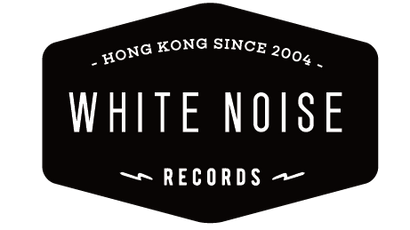Wire’s first three albums need no introduction. They are the three classic albums on which Wire’s reputation is based. Moreover, they are the recordings that minted the post-punk form. This was adopted by other bands, but Wire were there first.
It has been a number of years since these albums were readily available. The aim with these new vinyl and CD releases is to approximate the original statements as closely as possible, but with remastered audio. The vinyl releases have the same covers and inners as the originals (minus the Harvest logo). The digipack CDs have identical track listings to their vinyl counterparts. These versions should be considered Wire’s classic 1970s albums, pure and undiluted.
1979’s 154 represented the final tableau in Wire’s Harvest released ’70s triptych and was the first Wire album to be released to a universal set of five star reviews from the British rock weeklies, thus it represented the point when the British “pop culture establishment” publicly recognized Wire’s primacy. “154 makes 95 percent of the competition look feeble” wrote Nick Kent in the NME, “Wire are achieving a lot of things other—and more recognized—names have been striving for” wrote Chris Westwood in Record Mirror (a paper that had slagged off Pink Flag). “The album is a musical tour de force” wrote Jon Savage in Melody Maker. Many said it was the album that Bowie and Eno had failed to make with Lodger (as hinted in the RM review), it was on John Lennon’s playlist. Without a doubt, even if record sales did not bear it out, Wire had “arrived.”




